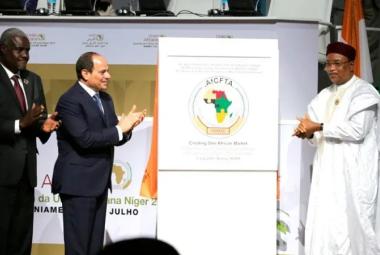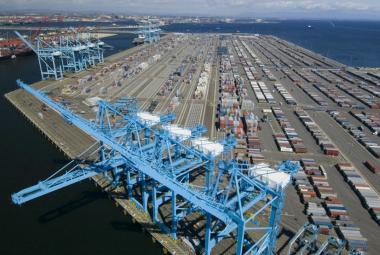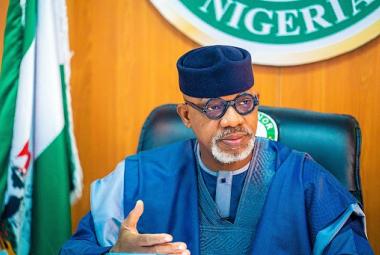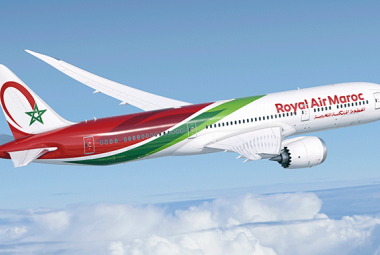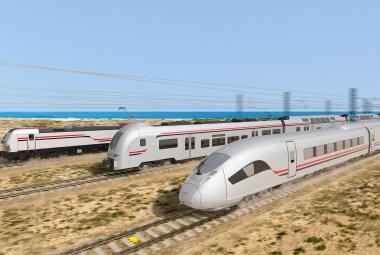Transport and consequently the road network of the African continent has always been a subject of concern. After the ineffectual announcements of the NEPAD (New Partnership for Africa’s Development – Nouveau partenariat pour le développement de l’Afrique), we now begin to dream that the creation of the African Continental Free Trade Area (AfCFTA) will clearly change the situation. A hope of the specialists that the African populations expect to appreciate concretely.
Entered into force in 2019, the implementation of the agreement on the African Continental Free Trade Area (AfCFTA) only began in 2021. According to specialists and estimates from the Economic Commission for Africa (ECA), it should bring to the various activities of the transport sector, such as road, rail, air and maritime exchanges, an increase of around 50%. A substantial increase if the figures are to be believed. Hence the need to strengthen the largely poor African road network with the implementation of new projects to make it richer and more dynamic.
For the ECA, “the impact of the African Continental Free Trade Area on the demand for transport, infrastructure and services”. At least that is what emerged at the end of the fifth African Business Forum held on February 7, 2022. Which indicates that with the AfCFTA, in absolute terms, more than 25% of intra-African trade gains in the field of services would go exclusively to transport, and that almost 40% of the increase in the production of services in Africa would concern transport.
According to Vera Songwe, the UN Under-Secretary-General and Executive Secretary of the ECA, the AfCFTA “is expected to significantly increase traffic flows on all modes of transport: road, rail, sea and air”. But they will hardly be optimized unless the AfCFTA is part of the dynamics of the realization of regional infrastructure projects.
As for Robert Lisinge, the Head of the Energy, Infrastructure and Services Section at ECA, he said that “roads currently carry the lion's share of freight in Africa”. He pointed out that the “AfCFTA offers an opportunity to build the African railway network. It would increase intra-African freight demand by 28%; it is the demand for maritime freight that will increase the most”.
Statistical data from AfCFTA research revealed that Africa would need 1,844,000 trucks for bulk cargo and 248,000 trucks for container cargo by 2030. These figures rise respectively to 1,945,000 and 268 000 trucks if the planned infrastructure projects are also implemented. And across the continent, demand is strongest in West Africa with an estimated 39%. The demand from West Africa to Southern Africa is 19.8% and that from Southern Africa to West Africa is 9.9%.
By Abdul Yazid



